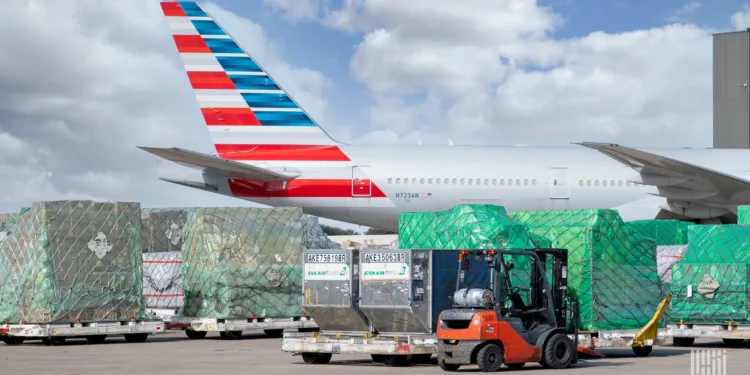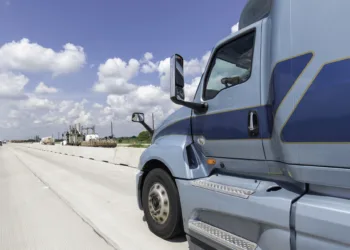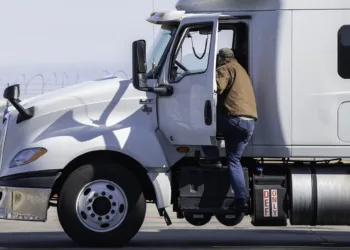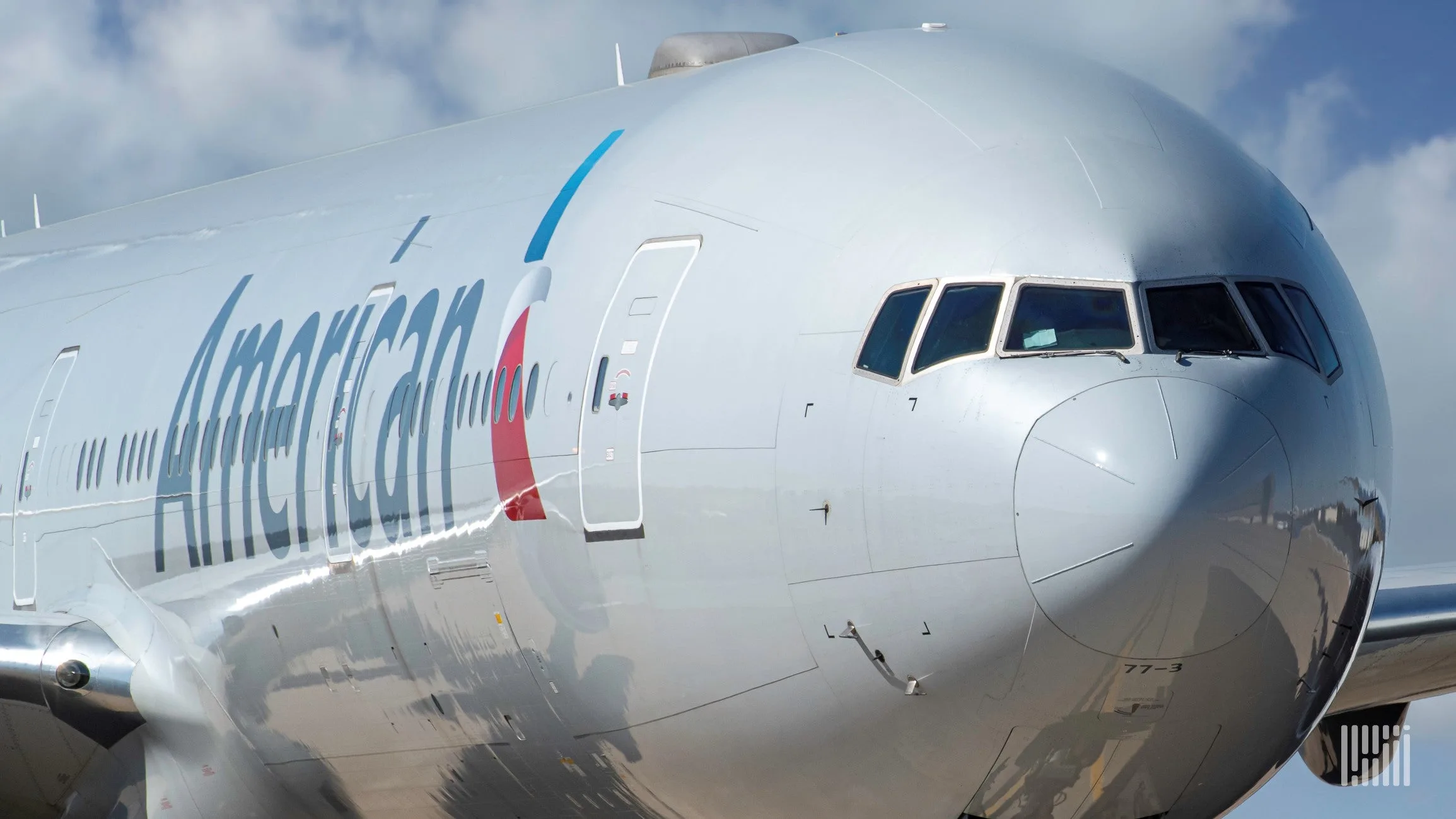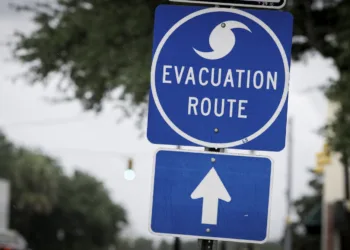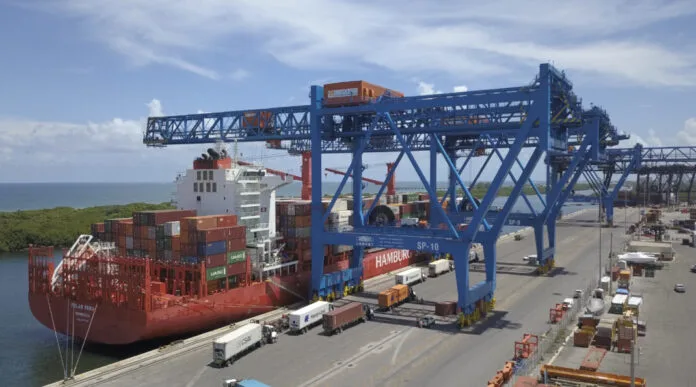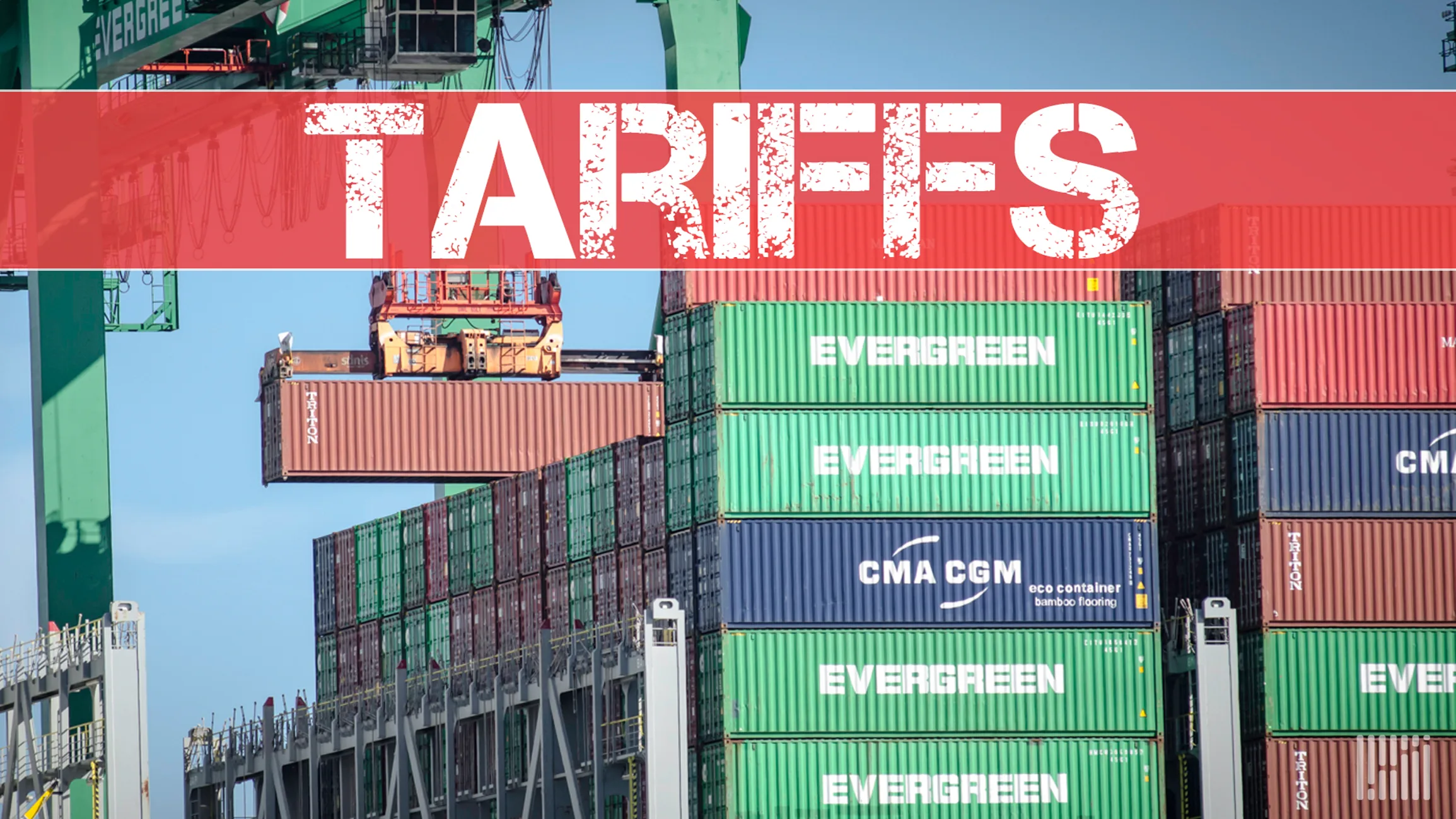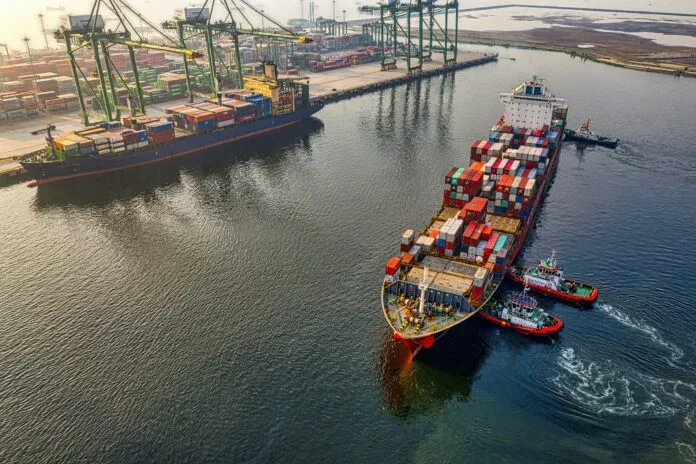Air cargo has emerged as a linchpin of the cold chain, carrying the weight of high-value, time-sensitive, and temperature-critical goods with precision and urgency. The evolving landscape is driven not only by carriers like American Airlines expanding services like ExpediteTC, but also by a rising group of logistics companies bridging gaps across pharmaceuticals, perishables, and emergencies.
Because cold chain is more time sensitive, there can’t be delays. Expertise in time-critical air cargo charters, whether delivering vital pharmaceuticals or spare parts to keep production running, brings unmatched flexibility and speed to complex logistics needs.
Meanwhile, in emergency scenarios, the capacity to respond rapidly with flights for humanitarian relief or essential medical supplies reinforces air charter as more than a luxury; it’s often a necessity.
At the same time, third-party logistics companies are scaling temperature-controlled capabilities to meet explosive demand. The demand is both year-round and seasonal. For example, the surges that accompany Mother’s Day, when nearly 70 percent of all florals are shipped over a compressed period. Seamless integration of cold storage, air transit, and ground delivery ensures flowers remain fresh from far-off fields to retail vases.
From heat-sensitive pharmaceuticals to frost-fragile produce, their cold-chain solutions span refrigerated truckload, LTL, and air freight, each bonded by rigorous temperature compliance and technological tracking.
The technological leap in temperature-controlled shipping has become a rapid evolution; even a slight increase, just 2°F, can cut produce shelf life by half due to humidity fluctuations, illustrating why precision cannot be overstated.
These developments are part of a broader narrative. Logistics has shifted from one-size-fits-all transport to networked ecosystems where collaboration, carriers, brokers, and technology providers alike deliver tailored solutions. Whether it’s an autoimmune biologic needing constant 2–8 °C control, a floral consignment landing in Miami minutes after customs clearance, or a factory saved by a chartered part flown overnight, speed and temperature integrity are now inseparable.
This combination isn’t merely a response to industry demands; it’s a strategic pivot by carriers and logistics firms recognizing that expedited, temperature-controlled freight is both a cost of entry and a differentiator.
Shippers stand to gain enormously. Whether ensuring patient safety, product quality, or production continuity, they now have an ecosystem that blends global reach, real-time visibility, and uncompromising cold-chain guarantees. The future of the cold chain is fast, cold, and smarter than ever.
The post The cold chain goes airborne: A new era of expedited, temperature-controlled logistics appeared first on FreightWaves.



